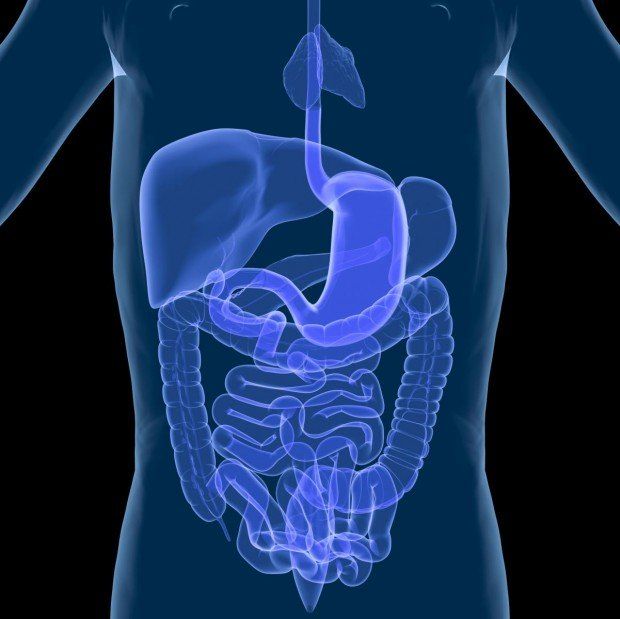Probiotics May Improve Mood
A new study suggests a multispecies probiotic may reduce cognitive reactivity to sad mood in non-depressed individuals.
Photo © iStockphoto.com/David Marchal

Scientists have long hypothesized about a brain-gut axis, but new research is offering the first evidence that probiotic intake may actually "help reduce negative thoughts associated with sad mood,” according to a study published in Brain, Behavior, and Immunity.
Researchers in The Netherlands conducted a triple-blind, placebo-controlled, randomized trial that examined the cognitive reactivity to sad mood in 40 healthy participants without a current mood disorder. For 28 days, participants consumed a daily 2g-sachet of either the probiotic mixture Ecologic Barrier or a placebo identical in color, taste, and smell. Before and after the experimental period, participants filled out questionnaires to assess reactivity to sad mood and symptoms of depression and anxiety.
By the end of the 4-week period, the probiotic group reported a significantly reduced overall cognitive reactivity to depression compared to the placebo group, with a reduction to rumination and aggressive thoughts largely accounting for the improvement in mood.
“In sum, the present results indicate, for the first time, that probiotics intervention can influence cognitive mechanisms that are known to determine vulnerability to mood disorders,” wrote the researchers.
Although the study did not explore specific biological mechanisms that could explain the beneficial cognitive effects of probiotics, the researchers hypothesized that it could be due to intestinal microbiota increasing plasma tryptophan levels and potentially facilitating serotonin turnover in the brain. They also proposed stimulation of the vagus nerve as a possible explanation.
Study details
Participants in the placebo group had a mean age of 19.7 years (SD=1.7) and participants in the probiotics group had a mean age of 20.2 years (SD=2.4).
Ecologic Barrier, supplied by Winclove Probiotics (Amsterdam), contains probiotic strains Bifidobacterium bifidum W23, Bifidobacterium lactis W52, Lactobacillus acidophilus W37, Lactobacillus brevis W63, Lactobacillus casei W56, Lactobacillus salivarius W24, and Lactococcus lactis (W19 and W58).
Questionnaires used in the study include the Leiden Index of Depression Sensitivity (LEIDS-r), the Beck Depression Inventory II (BDI-II), and the Beck Anxiety Inventory (BAI).
Read more:
Probiotics: 2015 Ingredients to Watch for Food, Beverage, Supplements
Mood and Relaxation Dietary Supplements: Hope in a Bottle
Probiotic L. reuteri May Increase Insulin Secretion
Michael Crane
Associate Editor
Nutritional Outlook Magazine
michael.crane@ubm.com
References:
Steenbergen L et al., “A randomized controlled trial to test the effect of multispecies probiotics on cognitive reactivity to sad mood,” Brain, Behavior, and Immunity, vol. 48 (August 2015): 258-264






